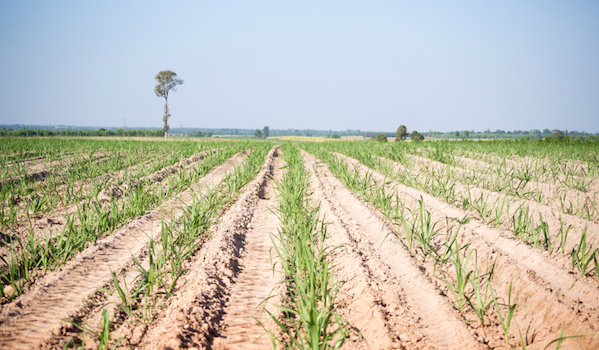The latest agricultural green paper aims to give a leg-up to struggling farmers by tweaking with a range of key tax concessions to help improve cashflow in periods of drought and economic turbulence.
A number of proposals are canvassed in the green-paper, including increasing the threshold on the non-commercial loss rules to encourage greater investment in and engagement with primary production.
The non-commercial loss rules were designed to prevent so called “hobby-farmers” from claiming tax breaks against other income streams.
Currently, individuals are only allowed to offset business losses against income derived from another source, such as wages, if that income is less than $250,000. If the income exceeds $250,000, losses can only be offset with the approval of the Tax Commissioner.
By lifting the threshold to $1 million, as proposed in the green-paper, those on higher incomes would be more likely to invest in primary production given they could offset losses in the bad years.
“Lifting it will encourage more investment in commercial activities in relation to farming. A lot of people are attracted to that lifestyle. If you tinkered with the rules you could see more people engaged in those sorts of activities,” said the Institute of Public Accountants’ senior tax adviser Tony Greco.
“It will open the opportunity for those high income earners to engage in primary production activities,” he said.
The green-paper also proposes consideration of tax loss trading in which banks could purchase the losses in return for a lower interest rate or straight debt cut. This proposal was suggested to then Assistant Treasurer Arthur Sinodinos by struggling North Queensland graziers last December.
However, Mr Greco said a better option would be to bring back the loss-carry back provisions which fell victim to the mining tax repeal earlier this year. The scheme would allow incorporated businesses to gain an immediate cash-flow gain by claiming tax losses against profits in previous years.
The paper suggests increasing the threshold on the Farm Management Deposits scheme which currently allows individuals to defer tax in good years via a deposit capped at $400,000 and which can be drawn down later when cash flow is tight. The paper suggests increasing the threshold to $1 million.
Other suggestions canvassed in the paper include tightening the rebate rules for the Wine Equalisation Tax (WET), providing of permanent access to concessional loans, enhancing access to R&D investment and tax concessions while reducing complexity around depreciation for farm and plant equipment.



